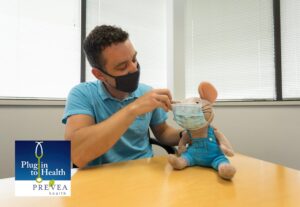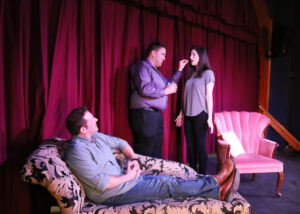The Prevea Community COVID-19 Vaccination Clinic at HSHS St. Clare Memorial Hospital in Oconto Falls is providing COVID-19 vaccinations to all community members eligible for the vaccine under the vaccination prioritization guidelines set by the Wisconsin Department of Health Services (DHS).
Currently, frontline health care personnel, residents in skilled nursing and long-term care facilities, police and fire personnel and adults ages 65 and older are eligible for vaccination at the Prevea Community COVID-19 Vaccination Clinic at HSHS St. Clare Memorial Hospital, 855 S. Main St., Oconto Falls.
Appointments are required and appointment availability is dependent on available vaccine supply that is provided by the Wisconsin Department of Health Services. Community members should not present to the hospital for vaccination without an appointment.
How to make an appointment
The fastest way to get an appointment scheduled for COVID-19 vaccination through Prevea Health is with MyPrevea. Visit www.myprevea.com to set up an account at no cost. You do not have to be a Prevea patient to sign up for a MyPrevea account. MyPrevea is also available as an app on any smartphone or other device.
If you do not have access or are unable to use the internet, we have a toll-free number dedicated to COVID-19 vaccination questions and information: 1 (833) 344 – 4373. (Please do not call the hospital directly to schedule an appointment.)
Having trouble, or still have questions?
Visit www.prevea.com/vaccine for information on Prevea Community COVID-19 Vaccination Clinic locations, how to create a MyPrevea account, how to schedule a COVID-19 vaccination and more.
For the latest on who is eligible to receive a COVID-19 vaccine in Wisconsin, Prevea Health encourages everyone to regularly check the DHS website at: https://www.dhs.wisconsin.gov/covid-19/vaccine-about.htm










